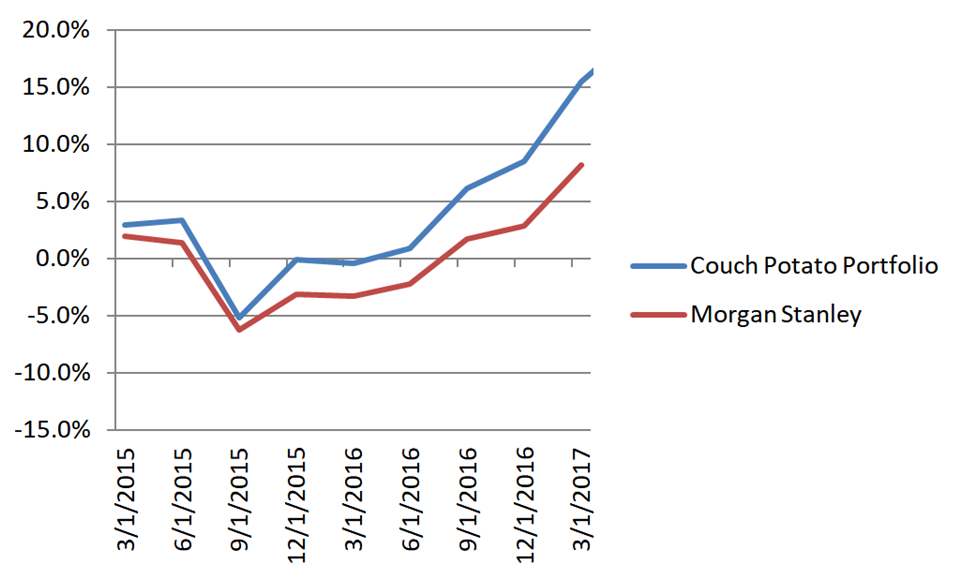dirtbiker
Full time employment: Posting here.
- Joined
- Apr 11, 2019
- Messages
- 630
I conceded the point where one is actively trading... but I suggest that few people trade so actively that they would get a benefit.
Maybe. I have no idea how the number of people who actively trade vs buy and hold stack up.
But let's consider the example of someone who starts out with $100,000, 10% interest compounded annually with no contributions for 30 years, to keep numbers simple. If they and pay taxes on their 10% gain just once in their first year and have to pay 15% taxes (middle of the long term gains tax rate), after 30 years and then hold onto it, they will have $1.81 million. The same person if they were in a tax deferred account and makes only that one sale, but doesn't have to pay taxes on it would have 1.98 million in 30 years. That's a difference of nearly $200k for paying taxes one year on a long term gain at only 15%. Imagine if you did that every year or every couple of years, or even worse, more often than annually and paying short term gains taxes on it. Since I don't know of a calculator that will do that math for me, it's too much work to crunch the numbers for more than just the first year. However, I really think you're underestimating how much of a difference tax deferment makes on compound interest, even for someone that doesn't sell their investments often.
Last edited:

